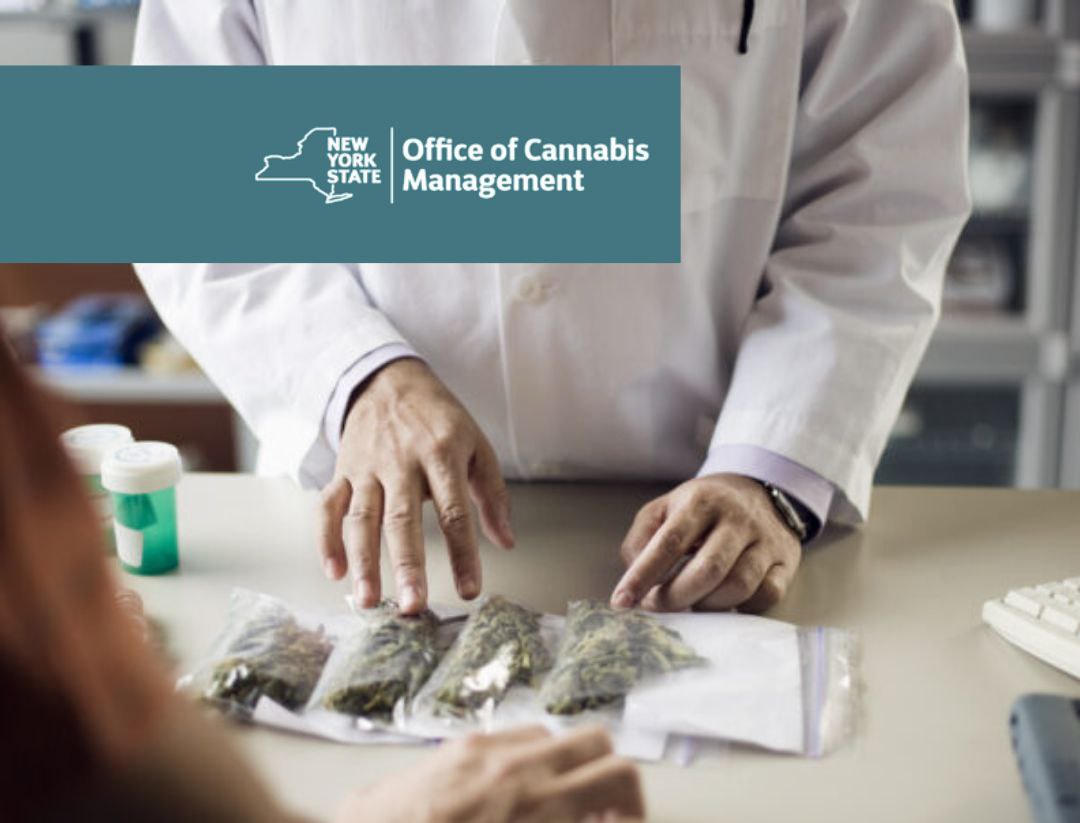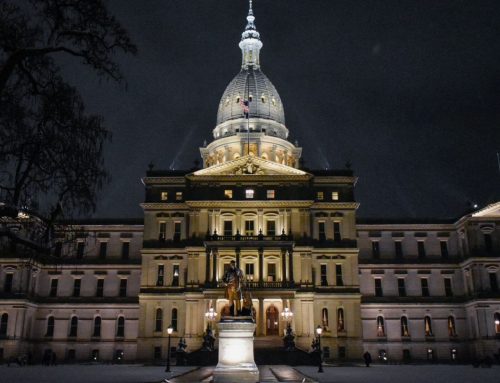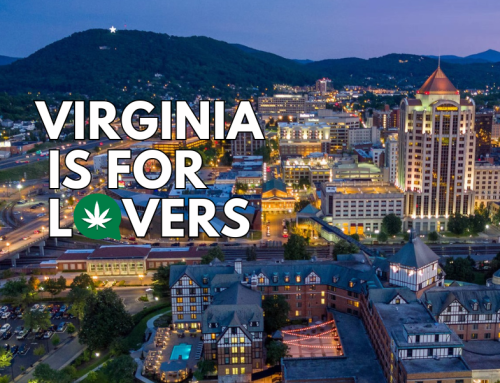New York State OCM Updates Medical Cannabis Program, Expands Access for Out-of-State Patients
ALBANY – Governor Kathy Hochul signed a bill into law that extends New York’s medical Cannabis program to patients certified in other states, marking the most substantial revision to the initiative since its 2016 launch. The measure, Senate Bill 2025-S3294A, also streamlines certification for residents and introduces home cultivation options, aiming to cut administrative barriers and broaden treatment availability.
Under the new rules, individuals with valid medical Cannabis certifications from states with comparable programs can buy products at New York dispensaries, provided they present proof of eligibility. This reciprocity provision addresses a long-standing gap for travelers and border-state residents who previously faced restrictions when seeking care across lines. Officials estimate it will serve 81,500 registered medical Cannabis patients in New York, plus an influx from neighboring regions like Pennsylvania and New Jersey, where programs exist but vary in product access.
The law further eases burdens on in-state users by doubling certification validity to two years and removing rigid possession caps, allowing patients and caregivers to carry amounts suited to their needs. Adults 18-plus, certified for medical use, may now grow Cannabis plants at home; a step that echoes adult-use allowances but tailors them for therapeutic purposes. Healthcare providers face fewer paperwork demands, too, with simplified processes to recommend Cannabis for conditions like chronic pain and epilepsy.
Most changes activate 90 days post-signing, around late February 2026, with potential delays for rulemaking on verification and cultivation guidelines. The OCM plans to hold public input sessions to refine these details and ensure compliance without overburdening demand or operators’ activities.
From a business standpoint, the expansion could boost revenues for the state’s 30 [!] licensed medical Cannabis dispensaries, which currently face tough competition from more than 500 recreational outlets across New York state. Data from the Office of Cannabis Management (OCM) shows medical sales topped $125 million last FY, and reciprocity might add 10-15% more volume through tourism, based on patterns in states like California and Colorado.
Ultimately, this move aligns New York with 20 other states offering some form of reciprocity, fostering a patchwork of regional access that underscores Cannabis’s uneven national footing. As federal reform stalls, such state-level adjustments highlight practical adaptations that balance revenue growth with therapeutic integrity.




































